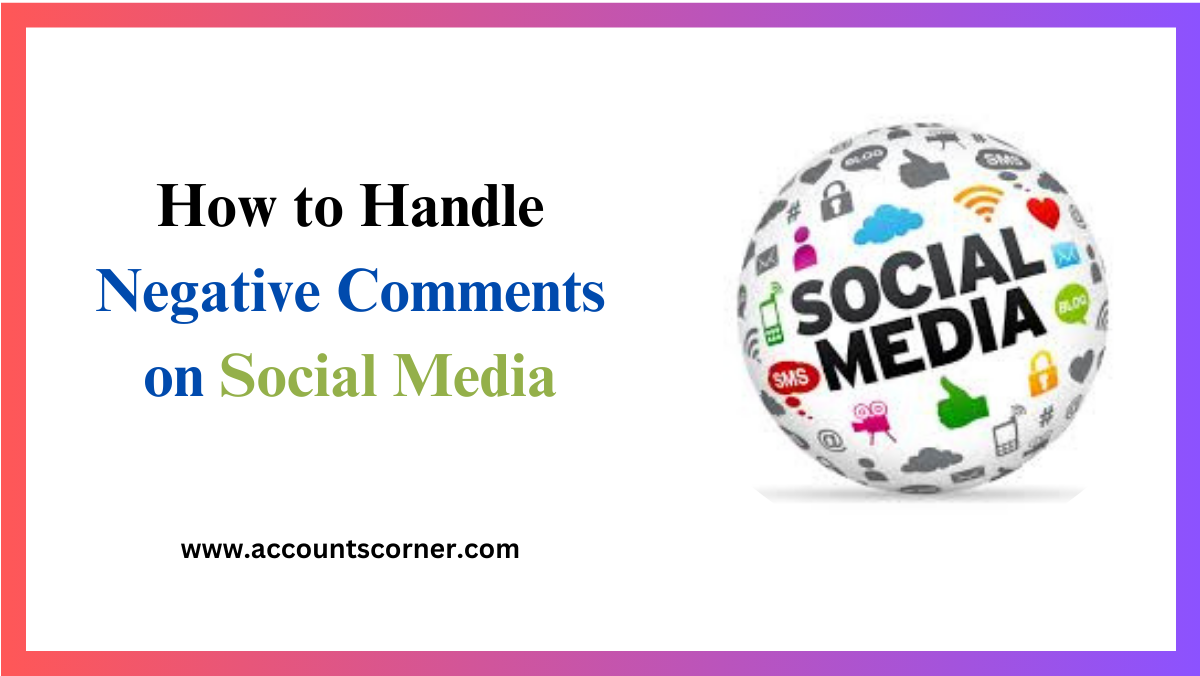Products
-
 Buy Flicker New Accounts
Rated 5.00 out of 5$0.50
Buy Flicker New Accounts
Rated 5.00 out of 5$0.50 -
 Buy Discord New accounts With Gmail
Rated 5.00 out of 5$1.00
Buy Discord New accounts With Gmail
Rated 5.00 out of 5$1.00 -
 Buy Reddit New Accounts With Gmail Cheap
Rated 5.00 out of 5$1.00
Buy Reddit New Accounts With Gmail Cheap
Rated 5.00 out of 5$1.00 -
 Buy Quora New accounts With Gmail
Rated 5.00 out of 5$1.00
Buy Quora New accounts With Gmail
Rated 5.00 out of 5$1.00 -
 Buy AOL AGED Accounts | Cheap AOL acs 2026
Rated 5.00 out of 5$1.00
Buy AOL AGED Accounts | Cheap AOL acs 2026
Rated 5.00 out of 5$1.00 -
 Buy Outlook New Accounts
Rated 5.00 out of 5$1.00
Buy Outlook New Accounts
Rated 5.00 out of 5$1.00 -
 Buy Hotmail Aged Accounts
Rated 5.00 out of 5$1.00
Buy Hotmail Aged Accounts
Rated 5.00 out of 5$1.00 -
 Buy Youtube Accounts With Channel and Video | Best PVA 2026
Rated 5.00 out of 5$2.00
Buy Youtube Accounts With Channel and Video | Best PVA 2026
Rated 5.00 out of 5$2.00 -
 Buy Youtube Accounts With Channel | Cheap PVA Acs
Rated 5.00 out of 5$1.00
Buy Youtube Accounts With Channel | Cheap PVA Acs
Rated 5.00 out of 5$1.00 -
 Buy Twitter Aged Accounts (2010 - 2021) | Buy X accounts
Rated 5.00 out of 5$1.50
Buy Twitter Aged Accounts (2010 - 2021) | Buy X accounts
Rated 5.00 out of 5$1.50
How to Handle Negative Comments on Social Media
Posted by:
preethi

In today’s digital world, social media is a double-edged sword. While it opens avenues for businesses to connect with their audience, it also exposes them to negative comments. Whether you’re a small business owner or a social media manager, knowing how to handle negative comments on social media effectively is crucial.
In this blog post, we’ll walk through the importance of timely responses, effective communication strategies, and how to turn negativity into positivity. By the end, you’ll have a solid blueprint for managing negative feedback and strengthening your online reputation.
Table of Contents
ToggleWhy Negative Feedback Matters
Negative comments are inevitable. Even the most beloved brands face criticism. But instead of viewing these comments as mere attacks, it’s essential to see them as opportunities for growth and improvement.
Addressing negative feedback promptly shows that you care about your customers. It can turn a dissatisfied customer into a loyal one. Ignoring or mishandling such comments, however, can have the opposite effect, damaging your brand’s reputation.
Understanding the significance of negative comments is the first step in developing a robust strategy to handle them.
The Importance of Timely Responses
Responding quickly to negative comments can make a big difference. A swift reply demonstrates that your brand values customer feedback and is committed to resolving issues. Here’s why timely responses are crucial:
- Builds Trust: Quick responses help build trust with your audience. When customers see that you address issues promptly, they feel heard and valued.
- Mitigates Damage: The longer a negative comment goes unaddressed, the more damage it can do to your brand’s reputation. Swift action can prevent the issue from escalating.
- Shows Professionalism: A timely reply reflects professionalism and dedication to customer service. It reassures customers that their concerns are taken seriously.
Establishing a protocol for timely responses can significantly enhance your brand’s image and customer satisfaction.

Effective Communication Strategies
Handling negative comments requires more than just quick replies. It’s about effective communication. Here are some strategies to consider:
- Stay Calm and Polite: Always respond calmly and politely, regardless of the comment’s tone. Avoid getting defensive or confrontational.
- Acknowledge the Issue: Acknowledge the customer’s concern and show empathy. A simple “We’re sorry to hear that you’re unhappy” can go a long way.
- Provide Solutions: Offer a solution to the problem. Whether it’s a refund, replacement, or further assistance, showing you’re willing to make things right is crucial.
Effective communication can turn a negative situation into a positive one, enhancing customer loyalty and trust.
Turning Negativity into Positivity
Believe it or not, negative comments can be a blessing in disguise. They offer a chance to showcase your excellent customer service and turn critics into advocates. Here’s how:
- Engage Constructively: Engage with the commenter constructively. Ask for more details if needed and offer a genuine solution.
- Show Appreciation: Thank the customer for bringing the issue to your attention. It shows that you value feedback and are always looking to improve.
- Highlight Improvements: If the negative comment leads to a change or improvement, highlight it. Share how customer feedback helped you enhance your product or service.
By turning negativity into positivity, you not only resolve the issue at hand but also strengthen your brand’s relationship with its audience.
Building a Supportive Community
Creating a supportive community on social media can help manage negative comments more effectively. Here’s how to foster a positive environment:
- Encourage Positive Interactions: Encourage your audience to share positive experiences and feedback. It can help balance out occasional negative comments.
- Set Community Guidelines: Establish clear community guidelines on your social media pages. It sets the tone for acceptable behavior and discourages negativity.
- Empower Your Fans: Empower loyal customers to defend your brand. Often, your fans will come to your defense and help mitigate negative comments.
Building a supportive community creates a positive atmosphere that can diminish the impact of negative comments.
Learning from Negative Feedback
Negative comments are valuable learning opportunities. They provide insights into areas where your business can improve. Here’s how to leverage negative feedback:
- Identify Patterns: Look for patterns in the negative comments. Are there recurring issues? Identifying common problems can help you address them systematically.
- Improve Products or Services: Use the feedback to improve your products or services. It shows customers that their opinions matter and leads to better offerings.
- Train Your Team: Train your team on how to handle negative comments and provide exceptional customer service. A well-trained team can turn negative interactions into positive outcomes.
Learning from negative feedback is essential for continuous improvement and growth.
Using Technology to Your Advantage
Technology can be a powerful ally in managing negative comments. Here are some tools and strategies:
- Social Media Monitoring Tools: Use tools like Hootsuite or Sprout Social to monitor comments and mentions. They can alert you to negative feedback in real-time, allowing for quick responses.
- Automated Responses: While human responses are best, automated responses can acknowledge comments immediately and buy time for a more detailed reply.
- Analytics: Analyze data from negative comments to understand trends and areas for improvement. It helps in making informed decisions.
Leveraging technology can streamline the process of handling negative feedback and improve efficiency.
Case Studies of Successful Handling
Learning from others’ success stories can provide valuable insights. Here are a few examples of brands that handled negative comments effectively:
- Nike: Known for its excellent customer service, Nike addresses negative comments with empathy and provides solutions promptly. Their approach has turned many dissatisfied customers into loyal ones.
- Starbucks: Starbucks actively engages with customers on social media. They acknowledge negative comments, apologize when necessary, and offer solutions, which has helped maintain their positive brand image.
- Zappos: Zappos’ customer service is legendary. They respond quickly to negative comments, often going above and beyond to resolve issues, earning them a loyal customer base.
These case studies demonstrate the power of effective handling of negative comments in building a strong brand reputation.
The Long-Term Benefits
Handling negative comments effectively has long-term benefits for your brand. Here’s how:
- Enhanced Reputation: Consistently addressing negative feedback positively enhances your brand’s reputation. It shows that you care about your customers and are committed to improving.
- Increased Customer Loyalty: Satisfied customers are likely to become loyal advocates for your brand. Positive interactions, even after negative comments, can lead to long-term loyalty.
- Better Products and Services: Using feedback to improve your offerings results in better products and services, which can attract more customers and retain existing ones.
The long-term benefits of effectively handling negative comments make it a worthwhile investment for any business.
Practical Tips for Small Businesses
Small businesses often face unique challenges in handling negative comments. Here are some practical tips:
- Personalize Responses: Use the customer’s name and reference specific details from their comment. Personalization shows that you genuinely care.
- Stay consistent: Ensure that all team members handling social media are on the same page. Consistent responses maintain your brand’s voice and professionalism.
- Follow Up: After resolving the issue, follow up with the customer to ensure satisfaction. It shows that you go the extra mile for your customers.
These tips can help small businesses manage negative comments effectively and build strong customer relationships.
Conclusion
Negative comments on social media are inevitable, but they don’t have to be detrimental to your brand. By responding promptly, communicating effectively, and turning negativity into positivity, you can handle negative comments with grace and professionalism. Remember, every negative comment is an opportunity to improve and build a stronger connection with your audience.
For further resources on managing social media effectively, consider signing up for our newsletter. Stay updated with the latest strategies and tips to enhance your brand’s online presence.















